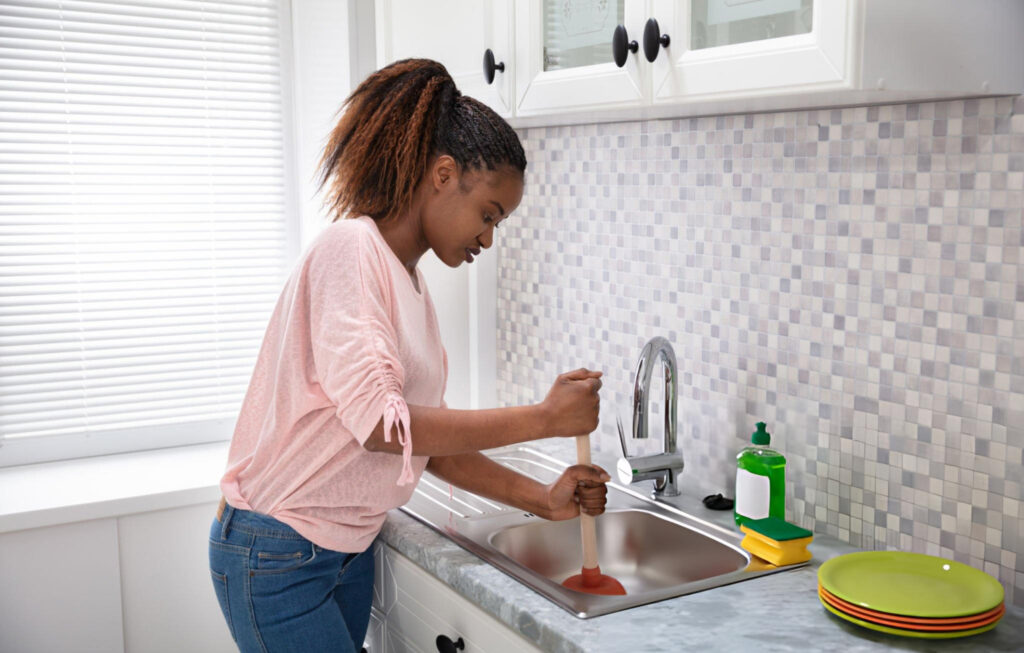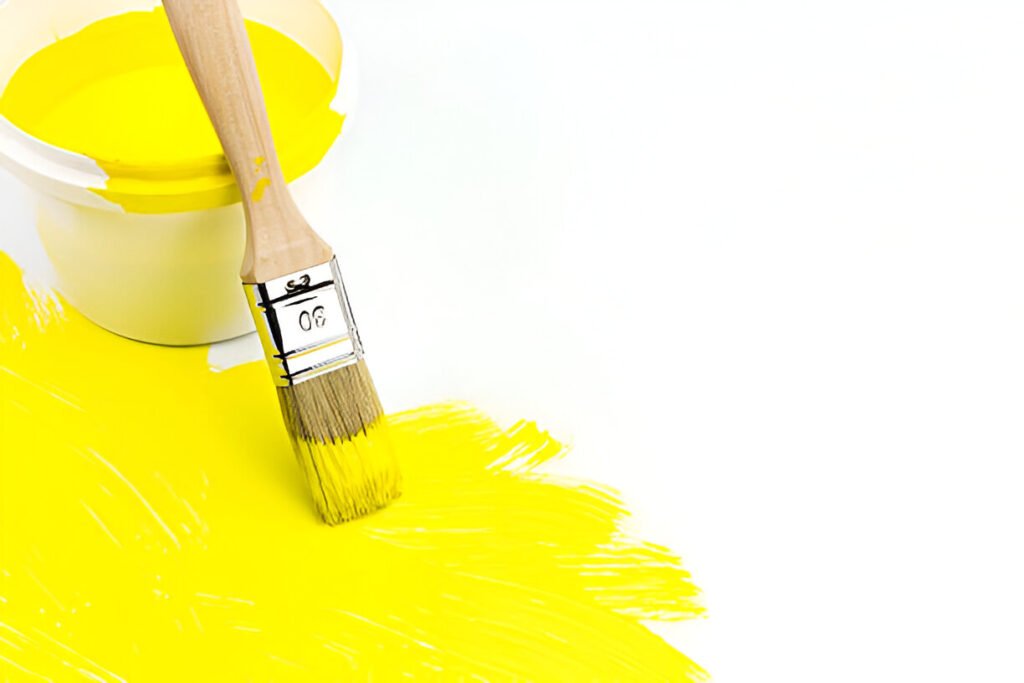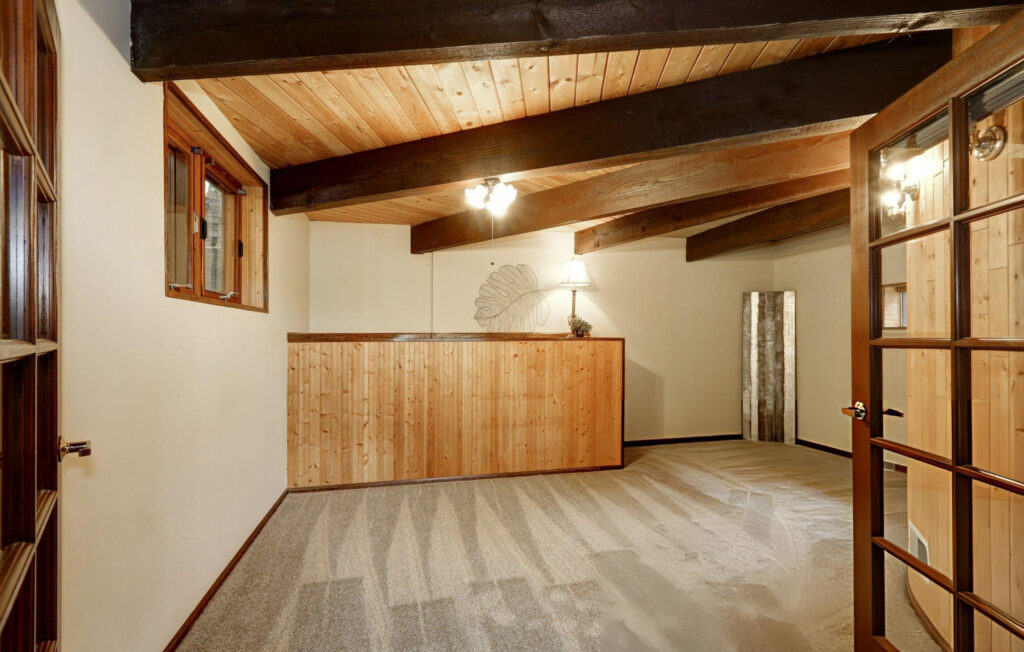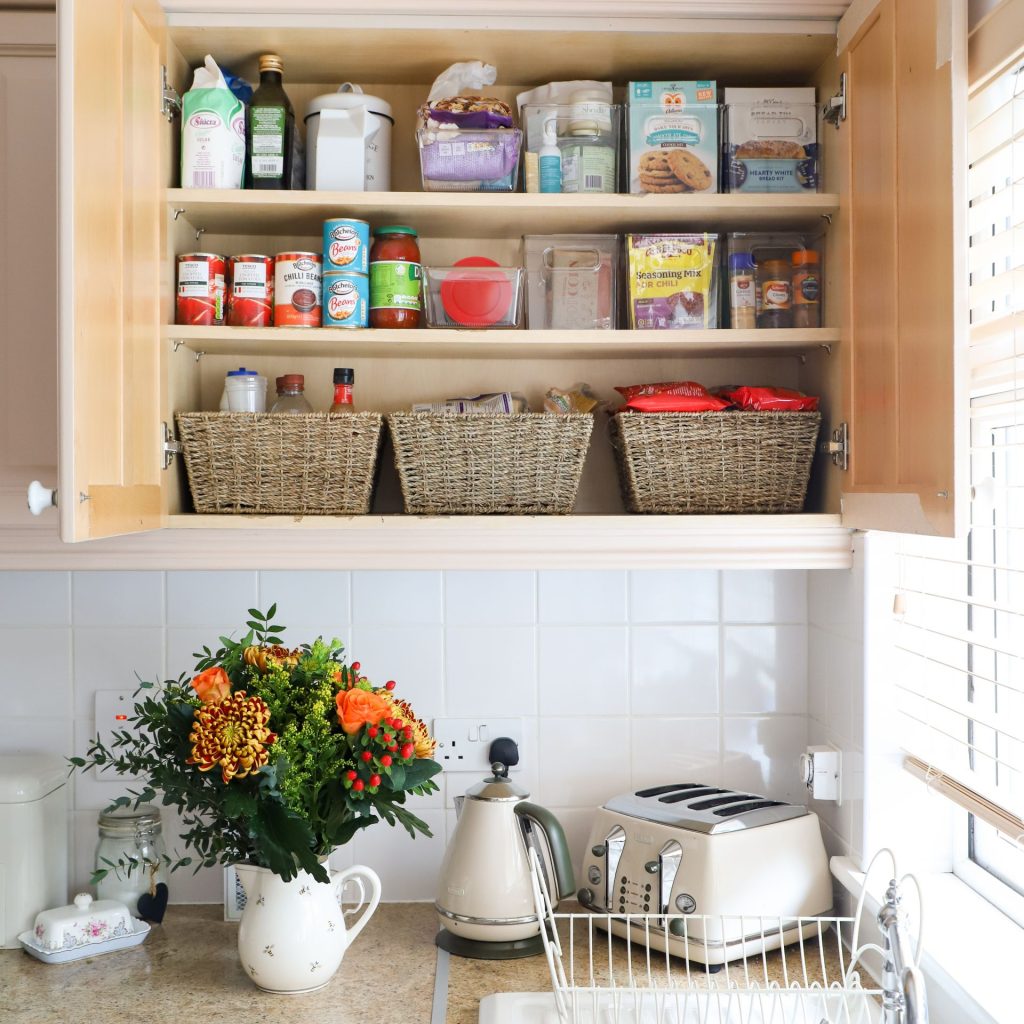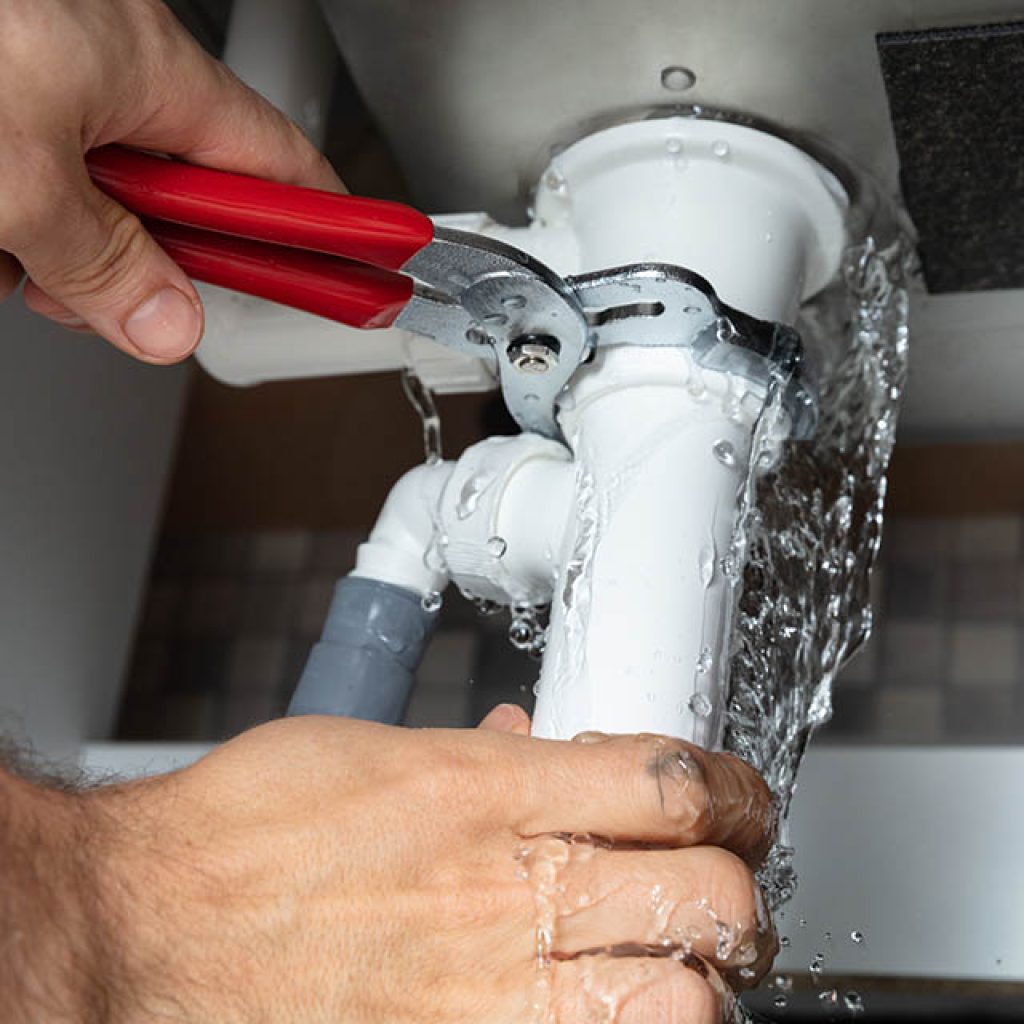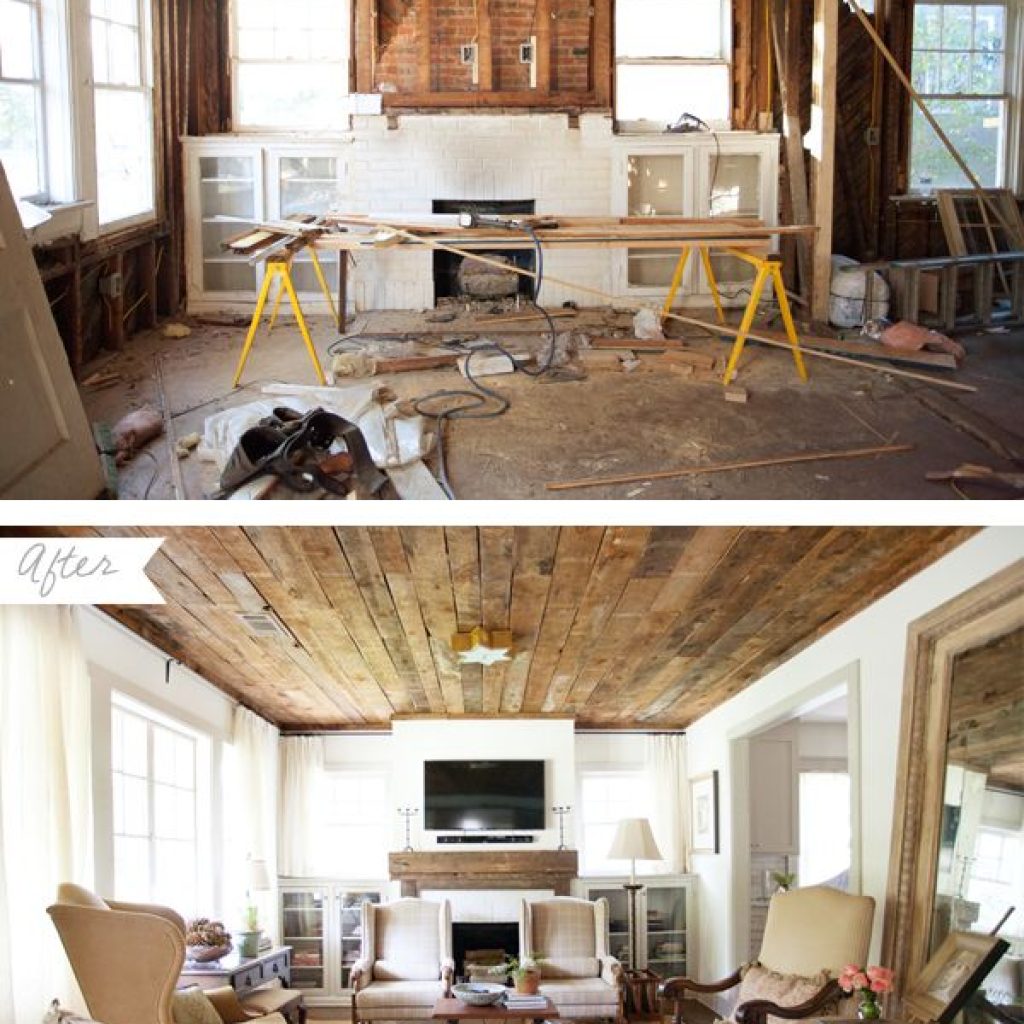How to fix plumbing pipe corrosion problems starts with understanding that pipe corrosion is a common plumbing issue. It can lead to leaks and water damage if not addressed early.
Fixing pipe corrosion is crucial to avoid costly repairs. Corrosion occurs when metal pipes react with water and chemicals. This can weaken pipes, causing holes or cracks. Fixing corrosion problems can save you money and prevent damage.
This blog will guide you through identifying, preventing, and fixing pipe corrosion.
Understanding the causes helps in choosing the right solutions. Proper maintenance ensures your plumbing stays in good condition.
Let’s dive into the steps on how to fix plumbing pipe corrosion problems.
Identifying Pipe Corrosion
Plumbing pipe corrosion can lead to severe problems in your home. Identifying pipe corrosion early can save you from costly repairs. Understanding the signs and causes of pipe corrosion is crucial.
Signs Of Corrosion
Corrosion can show through various signs. Look for discolored water. Brown or yellow water can indicate rust. Also, check for leaks. Corroded pipes often develop small leaks. Low water pressure is another sign. Corrosion can block water flow. Strange tastes or smells in the water can also signal corrosion. Pay attention to these signs.
Common Causes
Many factors can cause pipe corrosion. Water quality plays a significant role. Hard water can speed up corrosion. High oxygen levels in water can also corrode pipes. The pipe material matters too. Metal pipes are more prone to corrosion.
Age of the pipes is another factor. Older pipes tend to corrode faster. Chemical drain cleaners can cause corrosion. They are harsh on pipes. Regular maintenance can help prevent corrosion.
Preventative Measures
Preventative measures are crucial in maintaining the health of your plumbing system. By taking proactive steps, you can avoid costly repairs and extend the life of your pipes.
Regular Maintenance
Regular maintenance is key to preventing pipe corrosion. Inspect your pipes at least once a year. Look for signs of rust, leaks, or discoloration. Small issues can become big problems if ignored. Hire a professional plumber for a thorough inspection. They can spot hidden issues and fix them early.
Protective Coatings
Protective coatings can shield your pipes from corrosion. These coatings form a barrier between the pipe and corrosive elements. Different types of coatings are available. Epoxy coatings are popular for their durability. They are applied inside the pipes to prevent rust. Make sure to consult a professional before applying any coating. They can recommend the best option for your specific needs.
Effective Cleaning Methods
Plumbing pipe corrosion is a common problem that can lead to leaks and expensive repairs. Luckily, there are effective cleaning methods to tackle this issue.
In this section, we will explore some tried-and-true techniques to clean corroded pipes and get them back in top shape.
Whether you opt for chemical solutions or mechanical cleaning, you’ll find detailed instructions below.
Let’s dive into these methods and see which one works best for you.
Chemical Solutions
Chemical solutions can be a lifesaver when dealing with pipe corrosion. These solutions are designed to dissolve rust and other buildup, making your pipes look brand new. Here are some popular options:
- Vinegar and Baking Soda: This household combo can work wonders. Mix equal parts vinegar and baking soda, pour it into the pipe, and let it sit for about 30 minutes. Rinse with hot water.
- Chemical Cleaners: Products like CLR (Calcium, Lime, Rust remover) are specifically formulated to tackle corrosion. Follow the instructions on the label for best results.
- Lime Juice: Lime juice is acidic and can help remove rust. Pour it into the pipe and let it sit for a few hours before flushing with water.
Remember to wear gloves and protective eyewear when handling chemicals. These solutions can be harsh, so safety first!
Mechanical Cleaning
If chemicals aren’t your thing, mechanical cleaning might be the way to go. This method involves physically scraping or brushing the corrosion off the pipes. Here are some tools and techniques you can use:
- Wire Brush: A wire brush can scrub away rust. Simply brush the corroded areas until the rust is gone.
- Sandpaper: Sandpaper can also be effective. Use a coarse grit and rub the corroded sections until they are clean.
- Pipe Descaler: This tool is specifically designed for cleaning pipes. It can remove scale and rust buildup efficiently.
Mechanical cleaning can be a bit more labor-intensive, but it’s a great option if you prefer to avoid chemicals. Plus, it’s incredibly satisfying to see the immediate results of your hard work!
Whether you choose chemical solutions or mechanical cleaning, tackling pipe corrosion head-on will save you a lot of headaches down the road. So, roll up your sleeves and get to work—your plumbing will thank you!

Credit: www.nicksplumbing.com
Replacing Corroded Pipes
Fixing plumbing pipe corrosion involves replacing old, corroded pipes with new ones. This prevents leaks and improves water quality. Regular maintenance can extend the life of your plumbing system.
Replacing corroded pipes can seem like a daunting task. It is essential to ensure your plumbing system remains efficient. This process not only helps prevent leaks but also improves water quality.
Choosing Materials
First, decide on the right materials for your new pipes. Copper pipes are durable and resist corrosion. PEX pipes are flexible and easier to install. PVC pipes are cost-effective and suitable for drainage systems.
Consider the specific needs of your plumbing system. Some materials are better for hot water. Others work well for cold water. Researching the pros and cons of each material is crucial.
Installation Tips
Start by turning off the main water supply. Use a pipe cutter to remove the corroded pipes. Measure and cut the new pipes accurately. Ensure the cuts are clean and smooth.
For copper pipes, use a soldering torch to join the pieces. Make sure to apply flux before soldering. For PEX pipes, use crimp or clamp rings to secure the connections. With PVC pipes, apply primer and cement to the joints.
Test the new installation for leaks. Turn the water back on slowly. Check each joint carefully. Tighten any loose connections if necessary. Proper installation ensures a long-lasting plumbing system.
Professional Help
When it comes to plumbing pipe corrosion, sometimes the best course of action is to seek professional help. While some minor issues can be tackled with DIY methods, there are situations where a skilled plumber is necessary to avoid further damage and ensure the job is done right.
But when exactly should you call a plumber?
And how do you find reliable plumbing services?
Let’s dive into these questions.
When To Call A Plumber
Knowing when to call a plumber can save you time, money, and a lot of stress. Here are some signs that it’s time to get professional help:
- Persistent Leaks: If you’re dealing with leaks that keep coming back no matter how many times you fix them, it’s a sign there’s a deeper issue at play.
- Discolored Water: If your water has a brown or yellow tint, it could be an indication of pipe corrosion. A plumber can diagnose and fix the problem.
- Low Water Pressure: Consistently low water pressure might be due to corroded pipes that need professional attention.
- Visible Corrosion: If you see rust or corrosion on your pipes, it’s time to call in the experts before it leads to a bigger issue.
- Unusual Noises: Strange sounds coming from your pipes, like banging or whistling, can indicate corrosion or other serious problems.
Finding Reliable Services
Finding a reliable plumber can feel like searching for a needle in a haystack, but it doesn’t have to be. Here are some tips to help you find trustworthy services:
- Ask for Recommendations: Talk to friends, family, or neighbors who have had similar issues. Personal recommendations are often the best way to find reliable services.
- Check Online Reviews: Websites like Yelp, Google, and Angie’s List can provide insights into the experiences of other customers. Look for plumbers with high ratings and positive feedback.
- Verify Credentials: Ensure the plumber is licensed and insured. This protects you in case of any accidents or damage during the repair process.
- Get Multiple Quotes: Don’t settle for the first quote you receive. Getting estimates from multiple plumbers can help you find a fair price and a professional who fits your needs.
- Ask About Experience: A plumber with years of experience is more likely to diagnose and fix your problem efficiently. Don’t hesitate to ask about their background and expertise.
Remember, when it comes to plumbing issues, it’s better to be safe than sorry. Calling a professional can save you from costly repairs down the line. So, keep these tips in mind and ensure your pipes are in good hands!

Credit: scotthomeinspection.com
Diy Fixes
Are you tired of wondering how to fix plumbing pipe corrosion problems?
You’re not alone! Many homeowners face this common issue. The good news? You can tackle some of these problems yourself with a few simple DIY fixes.
Let’s dive in and explore some straightforward solutions to keep your pipes in tip-top shape.
Simple Repairs
When it comes to fixing plumbing pipe corrosion, there are a few basic repairs you can handle on your own. Here’s a quick rundown:
- Pipe Wrapping: Use pipe wrap tape to cover the corroded areas. This helps to prevent further damage.
- Vinegar and Baking Soda: Mix vinegar and baking soda, then apply it to the corroded area. This natural cleaner can help remove mild corrosion.
- Replace Small Sections: If a section of pipe is too damaged, you can replace just that part instead of the whole pipe. Use a pipe cutter for a clean cut and fit a new section in place.
Safety Precautions
Your safety is crucial when performing any DIY repairs. Here are some key precautions to keep in mind:
- Turn Off the Water Supply: Before starting any repair, make sure to turn off the water supply to avoid flooding.
- Wear Protective Gear: Use gloves and safety goggles to protect your hands and eyes from harmful substances.
- Proper Ventilation: If using chemicals, ensure the area is well-ventilated to avoid inhaling fumes.
- Check for Leaks: After completing the repair, turn the water back on and check for any leaks. This ensures that the fix is secure.
These simple tips can help you manage and prevent plumbing pipe corrosion. Remember, some problems may need professional help, so don’t hesitate to call an expert if needed. Now, roll up your sleeves and get ready to tackle those pipes!
Long-term Solutions
When it comes to plumbing pipe corrosion, quick fixes might seem tempting but they often don’t last. If you want to avoid frequent repairs and costly replacements, you need to think long-term. This means upgrading your plumbing systems and embracing advanced technologies. Let’s dive into these solutions.
Upgrading Systems
Sometimes, the best way to solve a problem is to start fresh. Upgrading your plumbing system can be a game-changer. Instead of patching up old, corroded pipes, consider replacing them with new, corrosion-resistant materials.
- Copper Pipes: These are durable and resistant to corrosion. They might be a bit pricier, but they are worth it in the long run.
- PEX Pipes: Flexible and easy to install, PEX pipes are also resistant to corrosion and are a popular choice for modern plumbing systems.
- CPVC Pipes: These pipes can handle high temperatures and are resistant to corrosion, making them suitable for both hot and cold water supplies.
By upgrading your plumbing system, you not only solve current corrosion issues but also prevent future ones. It’s like hitting two birds with one stone! Plus, new pipes can improve water pressure and quality, enhancing your overall experience.
Advanced Technologies
We live in a tech-savvy world, and plumbing is no exception. Advanced technologies can help you tackle pipe corrosion more effectively. Here are some innovations to consider:
- Epoxy Pipe Lining: This technique involves coating the inside of your existing pipes with epoxy. It creates a barrier that prevents corrosion and extends the life of your pipes. Think of it as giving your pipes a protective shield.
- Water Treatment Systems: Hard water can speed up corrosion. Installing a water softener or other treatment system can reduce the minerals that cause corrosion, protecting your pipes in the process.
- Smart Plumbing Devices: Yes, even your plumbing can go smart! Devices like leak detectors and smart water monitors can help with how to fix plumbing pipe corrosion problems by alerting you to issues early, saving you from expensive repairs.
Investing in these advanced technologies might require an initial outlay, but the long-term benefits far outweigh the costs. Imagine not having to worry about pipe corrosion for years to come.
Peace of mind is priceless, isn’t it?
By focusing on long-term solutions like upgrading systems and embracing advanced technologies, you can effectively manage and prevent plumbing pipe corrosion. It’s a smart move that saves you time, money, and a lot of headaches down the line.
So, what are you waiting for?
Start planning your long-term strategy today!
Cost Considerations
When it comes to how to fix plumbing pipe corrosion problems, the cost is often a top concern for homeowners. Understanding the financial implications can help you plan better and avoid unexpected expenses.
In this section, we will explore the Cost Considerations involved in tackling pipe corrosion, including tips for budgeting repairs and saving on maintenance.
Budgeting Repairs
Planning your budget for plumbing repairs can feel like navigating a maze. But don’t worry, I’ve got some tips to make it simpler.
- Assess the Damage: Start by getting a clear picture of the extent of the corrosion. Sometimes, what looks like a small issue can be more extensive. A professional inspection can help you understand the full scope.
- Get Multiple Quotes: Don’t settle for the first quote you receive. Get at least three quotes from different plumbers. This will give you a better idea of the market rate and prevent you from overpaying.
- Prioritize Repairs: Not all corrosion needs to be addressed immediately. Prioritize repairs based on urgency and potential damage. For example, pipes that are severely corroded and at risk of bursting should be fixed first.
- Plan for the Unexpected: Always add a buffer to your budget for unforeseen issues. Plumbing problems can sometimes reveal hidden complications, and having extra funds set aside can save you from financial stress.
Saving On Maintenance
Now, let’s talk about how you can save money on ongoing maintenance. Regular upkeep can prevent costly repairs down the line.
- Routine Inspections: Schedule regular inspections to catch corrosion early. A small investment in inspections can prevent bigger, more expensive problems.
- Use Quality Materials: When fixing or replacing pipes, use high-quality materials. They might be pricier upfront, but they last longer and reduce the need for frequent repairs.
- DIY Maintenance: Simple maintenance tasks like cleaning your pipes or using anti-corrosion products can be done yourself. Just ensure you’re using the right products and following instructions carefully.
- Water Quality: Improving the quality of your water can slow down corrosion. Consider installing a water softener if you have hard water, as it reduces the minerals that cause corrosion.
In conclusion, while the cost of fixing plumbing pipe corrosion can be daunting, careful budgeting and proactive maintenance can make a big difference. Remember, a stitch in time saves nine, and this certainly holds true for plumbing.
Frequently Asked Questions
Can Corroded Pipes Be Repaired?
Yes, corroded pipes can be repaired. Common methods include pipe coating, pipe lining, and replacing affected sections. Always consult a professional plumber.
How to get rid of corrosion on pipes?
Remove corrosion on pipes using a wire brush and vinegar. Apply a rust converter to prevent further corrosion.
How Do You Seal Corroded Pipes?
Clean the corroded area thoroughly. Apply a pipe repair clamp or epoxy putty. Let it cure completely.
How Much Does It Cost To Repair Corroded Pipes?
Repairing corroded pipes can cost between $100 to $4,000. Factors include pipe location, extent of damage, and labor fees.
Conclusion
Fixing plumbing pipe corrosion is crucial for a healthy home. Follow these simple steps to prevent issues. Regular inspections help spot early signs of trouble. Replace old pipes to avoid leaks and bursts. Use protective coatings for added safety. A professional plumber can provide expert advice and solutions.
aking these actions will ensure your plumbing system stays efficient and long-lasting. Don’t ignore the signs—knowing how to fix plumbing pipe corrosion problems promptly can save you time and money. Maintain your pipes and enjoy a worry-free home.


